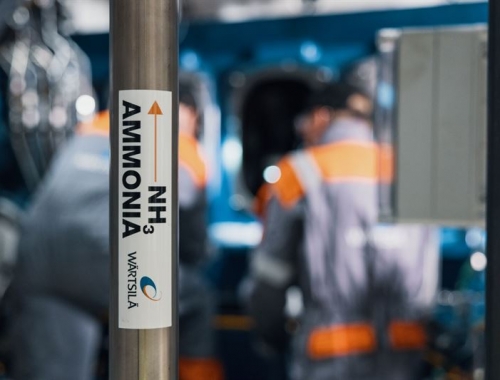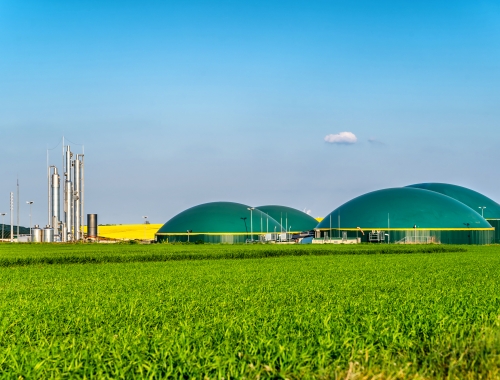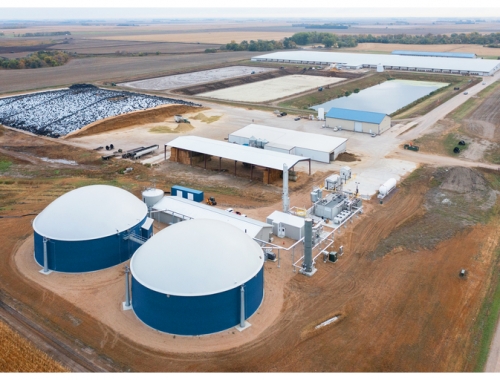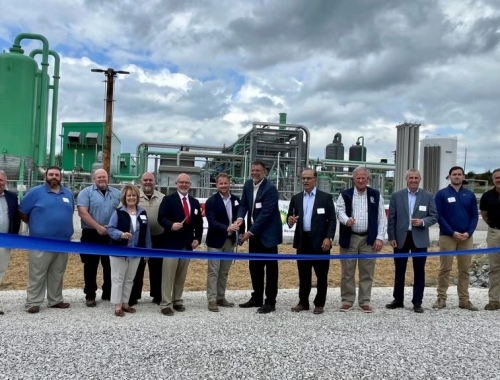Eight international companies create global e-NG coalition
SUMMARY
Group hopes to advance update of synthetic natural gas created through methanation.
By Dale LunanFrench major TotalEnergies and Europe’s Tree Energy Solutions (TES) are among a group of eight international energy companies that on March 17 entered into a memorandum of understanding (MOU) to create a global coalition dedicated to electric natural gas (e-NG or e-methane), which is produced by the methanation of renewable hydrogen and recycled CO2.
Others in the group are Japan’s Mitsubishi, Osaka Gas, Tokyo Gas and Toho Gas, French utility Engie and Sempra Infrastructure of the US.
e-NG can be transported and/or liquefied and then sold like natural gas, using existing infrastructure. It can be used by customers without any adaptation to their facilities, making it a particularly interesting synthetic fuel to support their decarbonisation efforts, TES said.
The e-NG Coalition will be a global platform to raise awareness on e-natural gas, promote global tradability and use of e-NG, foster policy support and harmonisation of applicable regulations and standards, and bolster collaboration across geographies and stakeholders along the e-NG value chain. Its purpose is to accelerate the development of e-NG in a reliable, affordable and sustainable way.
“Collaboration is paramount to scaling up sustainable energy solutions and driving the energy transition forward,” TES CEO Marco Alvera said. “TES took the initiative to sponsor the creation of the e-NG Coalition and work together with leading industrial players to accelerate the development of e-NG.”
TotalEnergies and TES are currently studying their Live Oak e-NG project in the US, which could produce 100,000-200,000 tons of e-NG annually by 2030.
“As a major player in LNG and renewable electricity, and as e-NG pioneers thanks to our Live Oak project, it is important for us to contribute to the establishment of a global coalition for the development of e-NG,” said Stephane Michel, president, gas, renewables & power at TotalEnergies. “This synthetic fuel will contribute to the energy transition by facilitating the decarbonisation of certain industrial activities, particularly those that are difficult to electrify, while making use of existing downstream infrastructures.”








